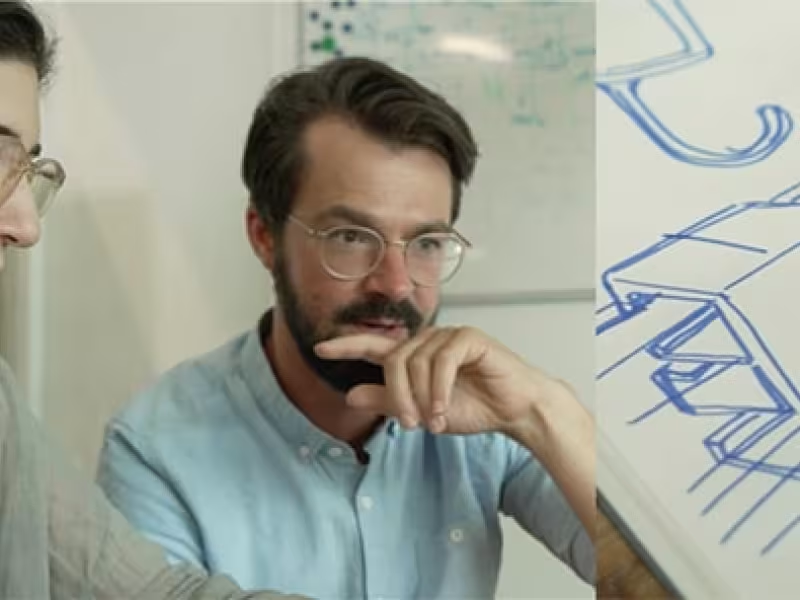
SHERIDAN, WYOMING – May 6, 2025 – Philips has once again demonstrated its leadership in healthcare innovation with the Azurion Neuro Biplane system receiving the prestigious iF Design Gold Award 2025. Recognized for its human-centered approach and elegant integration of technology into clinical environments, the Azurion Neuro Biplane underscores Philips’ commitment to designing solutions that optimize workflows, elevate care delivery, and improve patient outcomes.
Celebrating a Decade of Design Excellence
The iF Design Gold Award is one of the most respected design accolades globally, reserved for products that exemplify outstanding innovation. For Philips, this award is not just a celebration of a product launch but the culmination of eight years of continuous refinement and development.
“Everyone was really excited. The award recognizes not just this latest release, but eight years of continuous development,” said Ivo Stuyfzand, Design Director IGT Systems. “We’ve built a system that has evolved without losing its original design strength. It continues to enable new features to shine—and that’s something we’re incredibly proud of.”
Streamlined Design for Complex Clinical Needs
A key differentiator of the Azurion system is its foundation in workflow-centric design. Philips' team focused on deeply understanding the real-world movements, needs, and expectations of clinical teams to ensure seamless operation.
“We put workflow at the center,” explained Stuyfzand. “Azurion doesn’t try to impress with complexity; it aims to make the complex feel effortless. That’s what makes it elegant to use.”
This design philosophy is not only reflected in the aesthetics and functionality of the product but also in how it enables medical professionals to act quickly and efficiently in high-stakes scenarios, such as stroke care.
Optimized for Speed and Accuracy in Stroke Treatment
With its latest version, the Azurion Neuro Biplane has been specifically engineered to support stroke workflows, addressing a critical area of neurovascular care.
Key features include:
- Full access to the patient’s head for unobstructed procedure execution
- Rapid transitions between 2D and 3D imaging
- Complete table-side control, allowing clinicians to remain in the sterile field
“This version is optimized for stroke workflows,” said Stuyfzand. “It enables the care team to stay in the sterile field, reduce delays, and make faster, more confident decisions—all without moving the patient.”
Multidisciplinary Collaboration Drives Innovation
The success of the Azurion design is also a testament to Philips’ collaborative, cross-functional design approach. The product development involved a mix of industrial, UX, and service designers, each contributing to a shared vision of improving clinical experiences.
“It’s a multidisciplinary team… What unites them is a drive to improve real clinical experiences,” Stuyfzand noted. “A good day is one where they see their designs helping people directly.”
A Design That Reflects Empathy and Purpose
At the core of Azurion’s success lies its dedication to human-centered design—an approach that prioritizes the needs and emotions of both clinicians and patients.
“Every design choice reflects empathy, usability, and purpose,” Stuyfzand emphasized. “We create systems that clinicians can rely on and that patients can feel safe with.”
This dedication has real-world impact. “We know a patient is treated with this system every second somewhere in the world,” he added. “That’s a huge responsibility—and a huge motivator.”
Looking Forward: A Commitment to Meaningful Innovation
Philips' award-winning Azurion Neuro Biplane stands as a benchmark for what thoughtful design can achieve in healthcare technology. The system not only enhances operational performance but also reflects the power of design to bring tangible improvements to patient care.
“It’s when a clinician tries a prototype and you see that light in their eyes—when they realize this solves something they’ve struggled with,” Stuyfzand concluded. “That moment of connection… that’s what drives us to keep improving.”
To explore more about the Azurion Neuro Biplane system and Philips’ approach to image-guided therapy, visit www.philips.com.